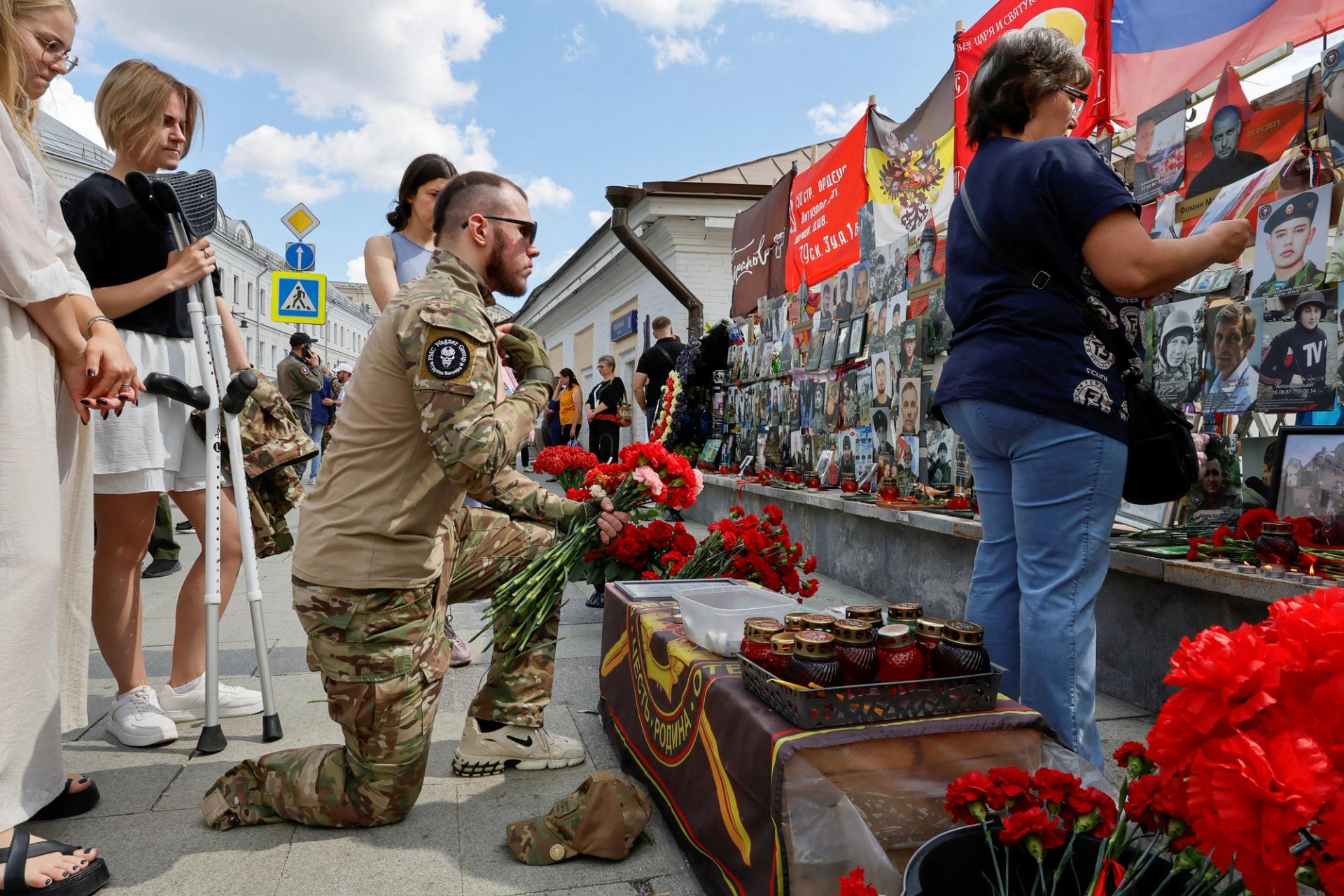The News
Russian mercenaries have become more active in African conflicts since the death of Wagner Group leader Yevgeny Prigozhin a year ago, a new report suggests.
The number of political violence events involving Russian fighters in Africa was higher in the final quarter of 2023, and in each of the first two quarters of 2024, than in the comparable periods since Wagner group began operations in Africa in 2017. This is according to data from the Armed Conflict Location Event Data (ACLED), a US-based conflict monitoring group.
Prigozhin, who founded Wagner Group, oversaw the deployment of the private military company’s fighters in a number of African countries including the Central African Republic, Mali and Libya. He died in a plane crash on Aug. 23 last year, two months after leading a short lived mutiny against Russia’s defense ministry.
In the fourth quarter of 2023, after Prigozhin’s death, Russian mercenary activity in Africa doubled from the previous quarter, the ACLED data showed.
The increased activity involving fighters from the group, which Moscow renamed Africa Corps, has largely been driven by the escalating conflict in Mali where the military junta is fighting Tuareg rebels.
Violence involving Russian mercenaries in Mali has spiked 81% since Prigozhin’s death compared to the previous year.
ACLED analyst Ladd Serwat told Semafor Africa that the increased activity by Russian mercenaries in Africa was likely to continue going into 2025, and potentially spread to new areas.
“Recent high-fatality attacks by jihadist insurgents and rebel groups have already led to some retaliatory violence by Russian mercenaries, with further reprisals likely in the near term,” Serwat said. The Mali operation was, he said, likely to “continue contributing to the elevated levels of political violence in the coming months and may push contestation into new areas.”
In this article:
Know More

An ambush by Tuareg separatist rebels and al-Qaeda-linked militants in northern Mali in July saw Russian mercenaries, fighting alongside the Malian Armed Forces, suffer what has been described as Wagner’s “largest loss to date” in Africa.
Some 84 Russian military contractors were killed, along with 47 Malian soldiers. The death of Russian fighters prompted a public outpouring of grief in Moscow, with mourners leaving tributes at a shrine in Russia’s capital.
The ACLED report described Africa Corps as a “more direct extension of the Russian Ministry of Defence” compared to the Prigozhin-era Wagner Group, whose ties to the Kremlin were often downplayed or hidden.
While many Wagner fighters in Ukraine were reportedly pressured to sign contracts with the Russian military or quit, Moscow largely maintained the group’s Africa operations.
Step Back
A report by the Polish Institute of International Affairs says that under new supervision by the Russian Ministry of Defence, Africa Corps has more effectively supported Moscow’s strategic plans. It has focused on formal security and economic cooperation, in contrast to Wagner Group’s past alleged involvement in illicit activities including smuggling and money laundering in Africa.
“The new formation is being used to pursue Russian strategic objectives more coherently than was the case under the Prigozhin-led Wagner Group,” stated the report, published in May. It noted that Russia aimed to use Africa Corps to displace Western political influence — particularly that of France and the United States — on the continent.
The View From Washington
Cameron Hudson, a senior analyst at the Washington-based Centre for Strategic and International Studies told Semafor Africa the outcome of the upcoming US election could influence how the nation counters Russia’s growing presence in Africa.
He said Washington’s approach had so far “largely been limited to exposing Russian disinformation operations, which isn’t nearly enough to check their growing ambitions in Africa.”
“One could imagine a Trump administration taking a more restrained view and scaling back levels of support and engagement and focusing on only the most critical battleground states with the most strategic value to Washington,” said Hudson.
“A Harris administration could take a more expansive approach, seeking to counter Russian malign influence wherever it emerges,” he said, while stating that approach “could spread our attention and resources very thin and have only limited effect.”
